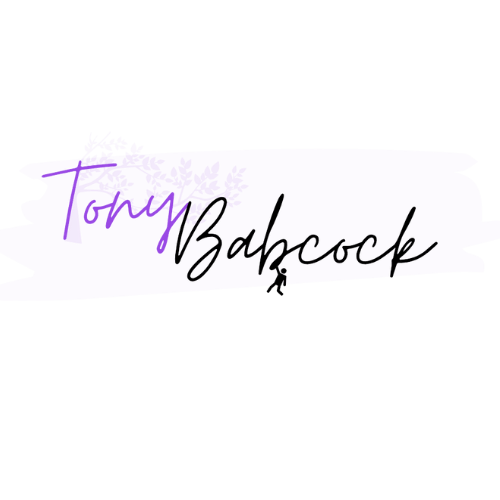Stage fright is an unwelcome guest that knows no boundaries, striking when you're on stage, behind a screen, or in any high-pressure situation. Though the anxiety it triggers stems from a primal survival instinct, it's a universal experience that can be conquered with the right mindset and tools. This enlightening post delves into practical strategies to transform your brain into an ally, turning such nerve-racking moments into opportunities for authentic connection.
Learn to harness the power of intentional breathing, vivid emotional imagery, and empowering language to not only calm your nerves but also to thrive in your spotlight. By shifting your focus outward, you unlock the ability to shine confidently and connect more deeply with your audience, leaving self-consciousness behind. Dive in to explore these transformative techniques and take control of your public presence like never before.
Read more...For those feeling overwhelmed, especially busy-brained entrepreneurs and creatives, finding inner peace amidst chaos can seem daunting. Yet, it's crucial to remember that controlling every unpredictable moment isn't necessary; rather, it's about staying present and authentic. Tools like the JOY TAP method can serve as immediate, effective resources to regain focus and maintain vitality, even when life becomes hectic.
Beyond the immediate relief of grounding yourself, there's an opportunity to deepen your journey with structured resources designed for professionals seeking productivity and fulfillment. Programs offering focus and personal growth are readily available, providing pathways to own your spotlight and step into your full potential with clarity and confidence. These resources embrace the philosophy that you haven't lost your brilliance—only temporarily forgotten it—but with the right assistance, you can illuminate it once again.
Read more...Breakdowns should be reframed as gifts, pushing us towards clarity and growth despite the discomfort they bring. By accepting the chaos, embracing our emotions, and trusting in a larger plan, we can transform these challenging times into opportunities for success. These moments, though painful, are crucial for uncovering our inner strength and resilience.
Surrendering to the process, rather than fighting it, allows us to release control and trust in the journey towards clarity. Slowing down and listening to our inner voice during these times can lead to significant breakthroughs. Remember, the chaos is temporary, but the clarity gained is lasting, guiding us towards a brighter future.
Read more...Embracing vulnerability might feel daunting, especially for those who have spent a lifetime curating an image of perfection and resilience. However, vulnerability is not a sign of weakness; rather, it is a pathway to authenticity, allowing genuine connections and personal growth to flourish. By shedding the pressure of appearing "flawless," we find liberation and learn that being authentically human is more than enough.
Struggles are a universal language that unite us all, and by owning our imperfections, we foster connection and resilience while opening the door to personal development. For high-achievers and neurodivergents, embracing vulnerability can seem overwhelming, yet it is crucial for thriving in a world that often feels out of sync. Sharing struggles, celebrating small victories, and realizing the unique strengths derived from neurodivergence can empower individuals to navigate life's complexities with newfound strength.
Read more...For entrepreneurs and creatives overwhelmed by distractions, now is the moment to embrace clarity and focus. Programs like "The Inner Spotlight" offer a transformative journey over six months, focusing on silencing self-doubt, fostering authentic connections, and utilizing strategic tools to build a business or platform that truly aligns with your unique identity. This isn't about doing more—it's about being more present, confident, and unapologetically you.
If you're ready to move beyond stress and into a fulfilling, successful life, consider exploring these tailored programs. By aligning authenticity with strategic visibility, you create a path not only to professional success but also personal peace. The stage is set, and it’s your time to shine.
Read more...














